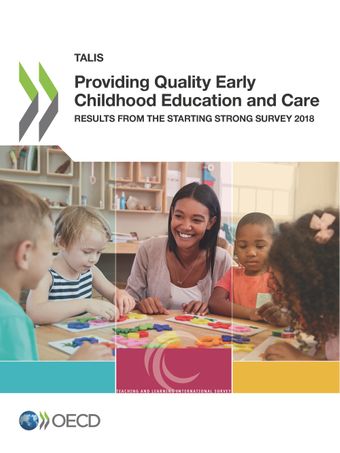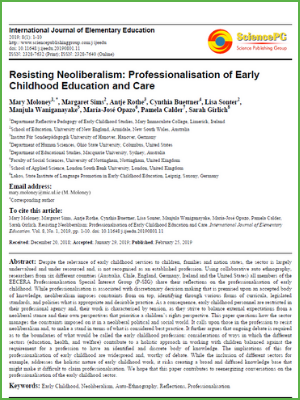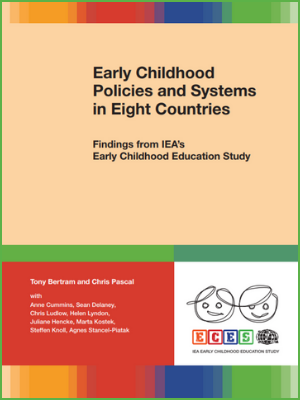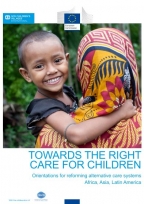Building a High-Quality Early Childhood Education and Care Workforce
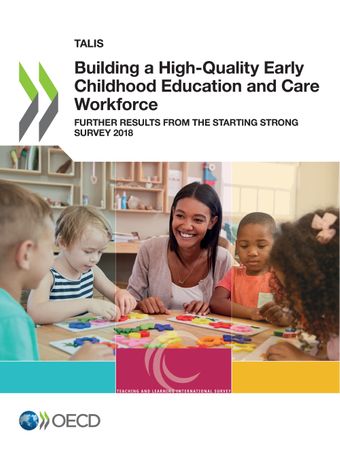
The work of early childhood education and care (ECEC) professionals is the major driver of the quality of an ECEC system. As evidence accumulates on the strong benefits of investing in early education, countries need effective policies to attract, maintain and retain a highly skilled workforce in the sector. This report looks at the makeup of the early childhood education and care workforce across countries, assessing how initial preparation programs compare across different systems, what types of in-service training and informal learning activities help staff to upgrade their skills, and what staff say about their working conditions, as well as identifying policies that can reduce staff stress levels and increase well-being at work. The report also looks at which leadership and managerial practices in ECEC centers contribute to improving the skills, working conditions and working methods of staff. The OECD Starting Strong Teaching and Learning International Survey (TALIS Starting Strong) is the first international survey that focuses on the early childhood education and care workforce. It offers an opportunity to learn about the characteristics of ECEC staff and center leaders, their practices at work, and their views on the profession and the sector.
This second volume of findings, Building a High-Quality Early Childhood Education and Care Workforce, examines factors that influence the skills development of ECEC professionals, their working conditions and well-being at work, and leadership in ECEC centers.
2020
www.oecd.org

